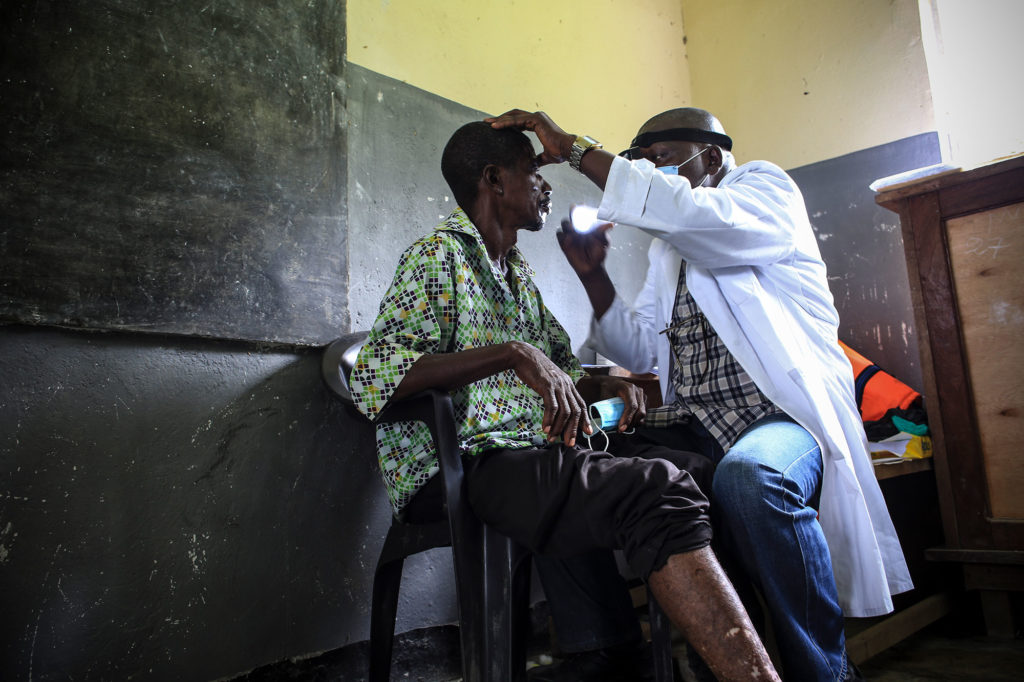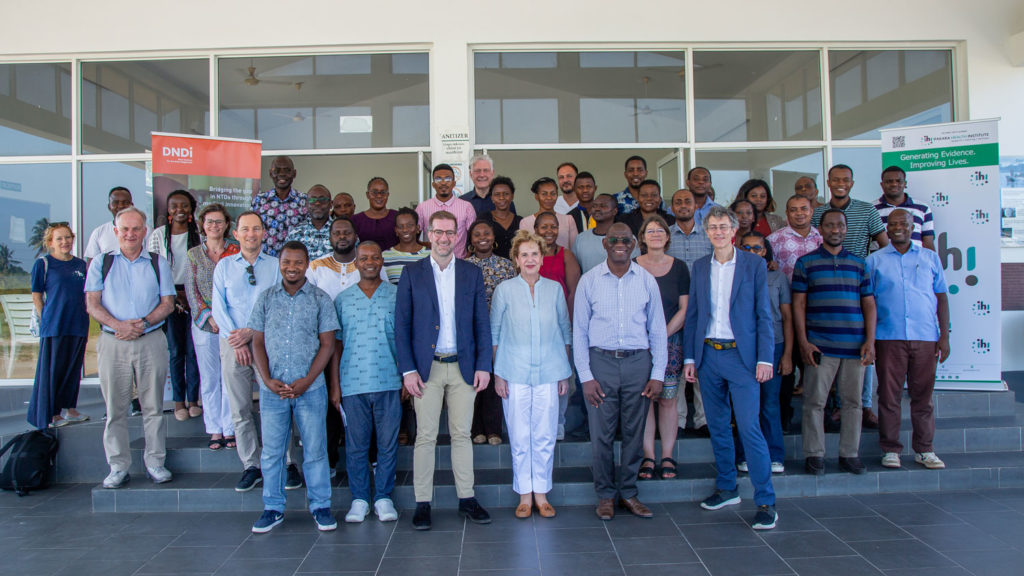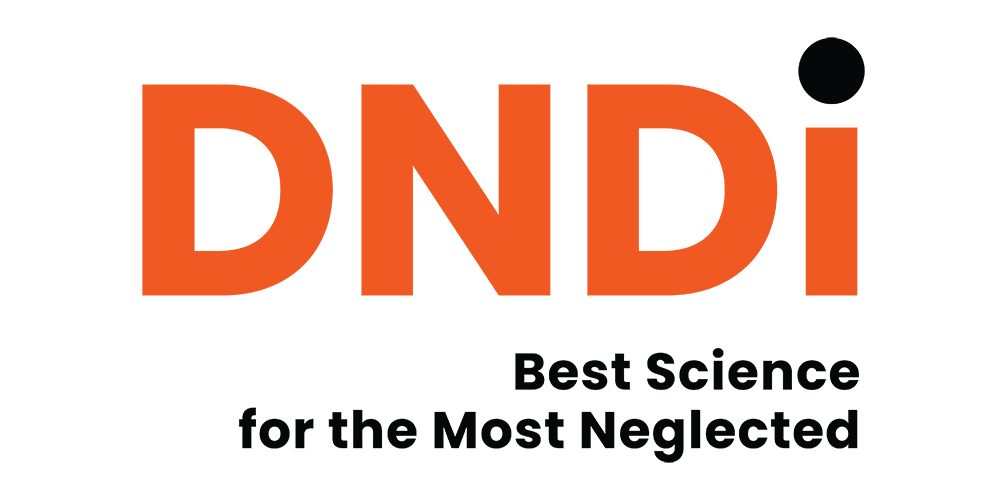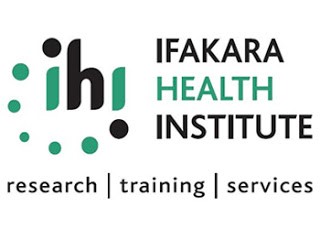Helminth diseases are a debilitating group of diseases that are caused by parasitic worms and include river blindness (onchocerciasis), lymphatic filariasis, as well as infection with roundworm, hookworm, and whipworm (soil-transmitted helminths).
Together these diseases affect close to one billion people.
Current treatments all present limitations. The current approach to eliminating helminth diseases is based on preventive chemotherapy (mass drug administration). While successful in reducing the prevalence of the disease, these programmes need to be repeated annually or bi-annually for up to 17 years which is far from optimal.
To reach helminth elimination, a drug research and development (R&D) pipeline is needed to provide new treatments that effectively eliminate or sterilize adult worms, thus bringing about the paradigm shift necessary to reach the 2030 Sustainable Development Goals on health.
The HELP consortium, is a public-private partnership led by the Swiss Tropical and Public Health Institute (Swiss TPH), and comprises research institutes, universities, not-for-profit organizations, and pharmaceutical companies. The consortium is undertaking activities from drug discovery to drug development, notably clinical first-in-human phase I trials in Africa. In addition, the consortium is contributing to capacity building in affected countries by conducting clinical trials for these diseases. HELP’s overall objective is to bridge the gap between preclinical and clinical development, help advance existing candidates along the development pipeline to bolster the empty anthelminthic drug pipeline, and put us on the path towards curative drugs that target one or more of these debilitating parasitic worm infections.

The long and winding road towards new treatments against lymphatic filariasis and onchocerciasis
Members of the HELP consortium discusses the strengths and weaknesses of currently available treatments and new ones in development. Conclusions show that the preclinical R&D pipeline for filarial infections continues to be limited and highlighting the importance of continuous drug discovery and testing.

HELP hosts workshop on integrating science and journalism
Photo credit: Junior Diatezua Kannah – DNDi









